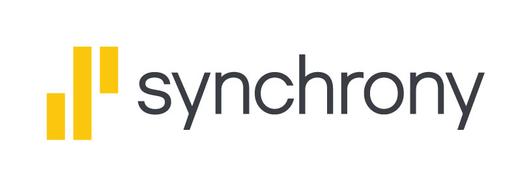Ah, the age-old question: electric or traditional fireplace? You've come to the perfect spot to find answers. In this article, we'll be exploring the pros and cons of each fireplace type with warmth and wit, helping you determine which option will keep your heart (and home) toasty throughout those chilly winter months.
What is an Electric Fireplace?
It's time to plug into the modern marvel that is the electric fireplace! Unlike our more traditional counterparts, electric fireplaces don't require a chimney, creating heat with just a flick of a switch. Some benefits to spark your interest include:
- Safety: Say goodbye to potential fire hazards, sparks, and toxic fumes.
- Cost-efficiency: Lower installation costs and consistent energy usage make these stunners wallet-friendly.
- Ease of maintenance: Ash, soot, and coal? Not in these babies! Just a quick wipe-down will do.
What is a Traditional Fireplace?
Ah, the nostalgic allure of the traditional fireplace—roaring blazes, fragrant woods, a glass of brandy by the hearth... you get the picture. Though not as convenient as the electric option, there's still much to love about these timeless beauties:
- Authenticity: There's nothing quite like the sights, sounds, and smells of a real wood-burning fire.
- Potential cost savings: Speaking of wood, some resourceful folks may find themselves saving on heating costs.
Comparing Electric and Traditional Fireplaces
Alright, my fiery friends, let's get down to the nitty-gritty by examining some key comparisons between these luminary lovebirds:
Heat Efficiency
- Electric fireplaces: These modern marvels boast a near 100% heat output efficiency — it's a hot market, folks!
- Traditional fireplaces: Far less efficient, losing much of their heat up the chimney. Tradition can only get you so far!
Environmental Impact
- Electric fireplaces: Leave a smaller carbon footprint, avoiding the smoke and emissions produced by traditional ones.
- Traditional fireplaces: Wood-burning leads to particulates, carbon dioxide, and potentially harmful emissions.
Cost Benefits
- Electric fireplaces: Generally less expensive upfront and more energy-efficient in the long run.
- Traditional fireplaces: Hefty installation costs should be considered, though resourceful wood-gathering could offset your heating expenses.
Maintenance
- Electric fireplaces: Easy-peasy. No sweeping, scrubbing, or chimney inspections to worry about.
- Traditional fireplaces: Great for an arm workout, but cleaning, chimney care, and firewood storage will take their toll.
FAQs
Time for a fiery FAQ roundup, answering those burning questions that simply won't be snuffed out:
- Which type of fireplace is safer? Electric fireplaces have the safety edge, boasting lower fire risks and no harmful emissions.
- Will my energy bill go up with an electric fireplace? They're generally energy-efficient, so while there may be a slight increase, your bill shouldn't skyrocket.
- What type of fireplace offers a more authentic ambience? Traditional fireplaces take the win for nostalgia lovers, evoking that cozy, crackling charm.
- How often would I need to clean an electric fireplace? Minimal upkeep is needed—just a quick wipe-down or dusting every now and then.
- Does my home's layout impact my fireplace choice? Absolutely. You'll need to factor in available space, existing chimneys (or the lack thereof), and potential installations.
Conclusion and Recommendation
Well, dear reader, we've stoked the flames of discourse and hopefully ignited some clarity along the way. While electric fireplaces suit modern, eco-friendly, and low-maintenance sensibilities, traditional fireplaces cater to folks seeking a more nostalgic and authentic experience. Ultimately, the choice is as personal as your favorite fireside beverage—whether it's a hot cocoa, mulled wine, or good ol' H2O. Come see our professionally trained staff at Behr Necessities, and we can help you decide which fireplace is the right fit for you and your home. Stay warm and cozy, friends!




Comments